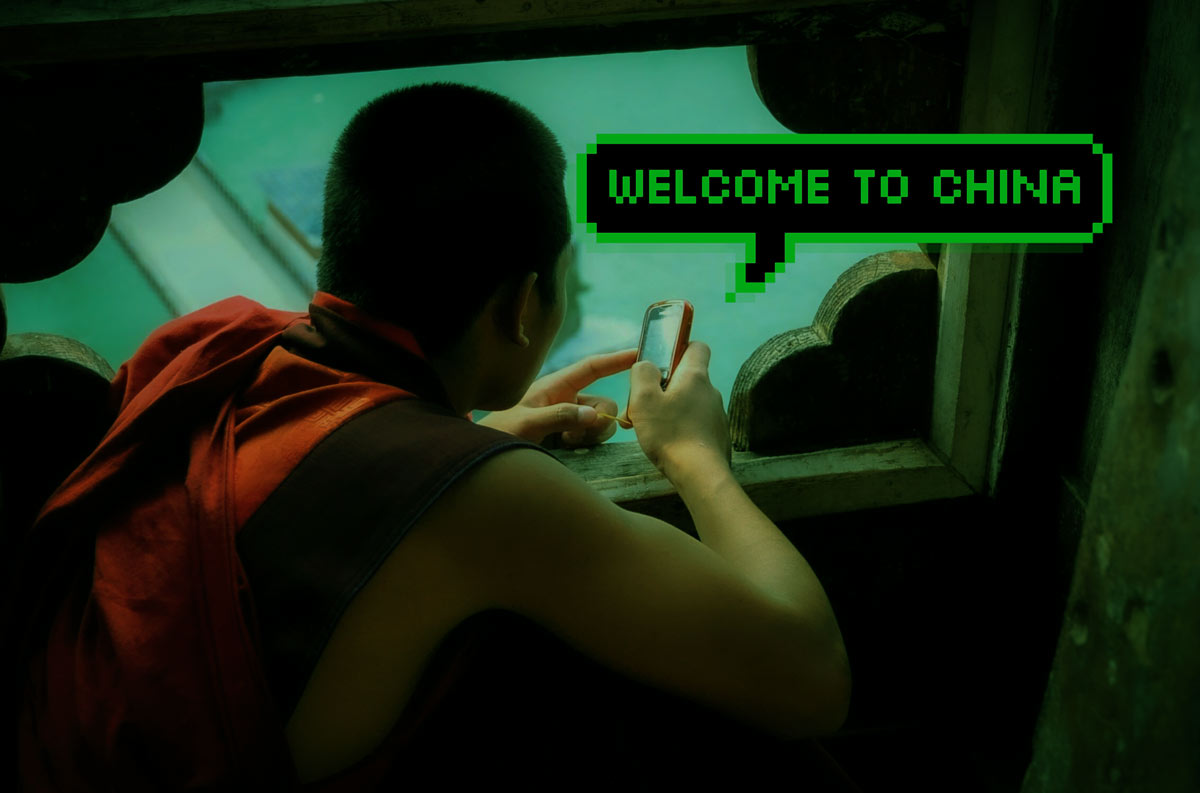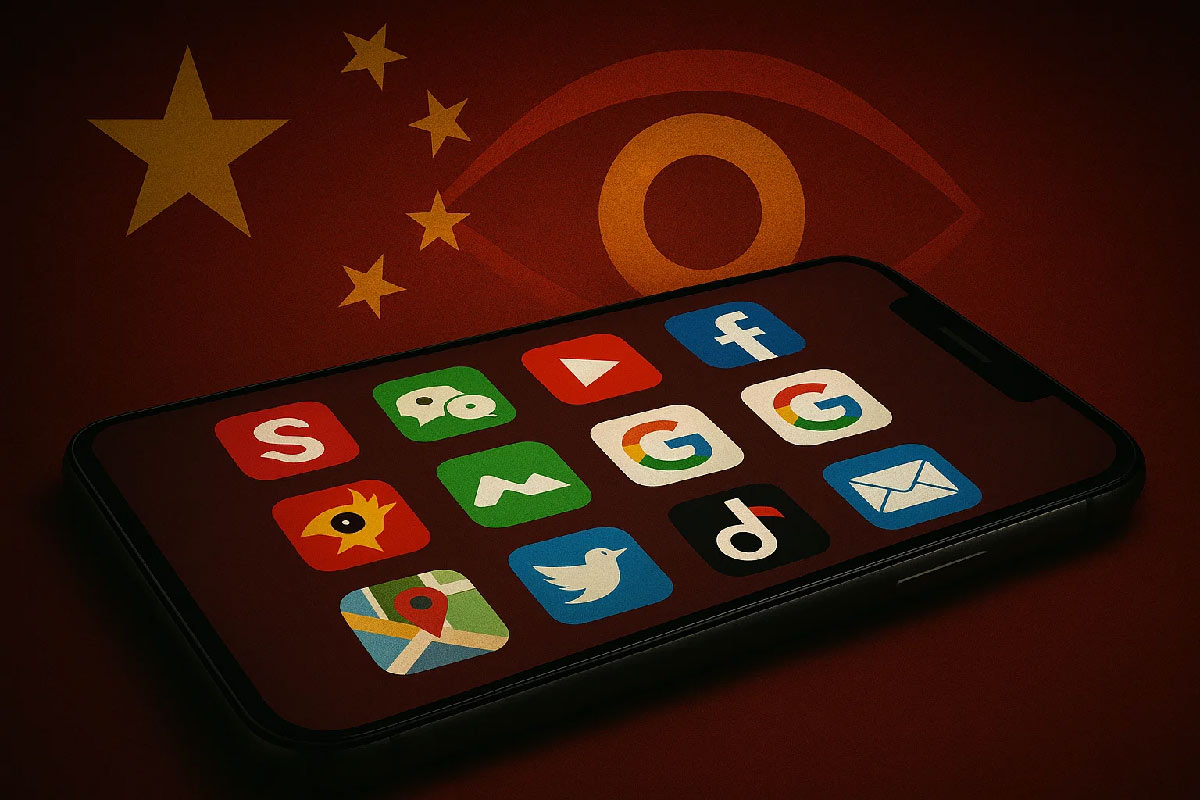Chinese Techno-nationalism in the age of 5G revolution
In the wake of exponential advancements in digital technology around the globe, our modern societies have also become inseparable from technology and the internet. This growth in technology implies a growth in our civilization, pushing individuals and nations to heavily rely on it unlike ever before. Moreover the revolution in mobile technology is nowadays not only limited to instant communication at a distance, but very much linked to the privacy and security of our personal and professional hours. Although the hardware capabilities of mobile devices keep pushing their boundaries, the key element in all mobile technology is the cellular network technology it incorporates to facilitate internet services to these devices. Developments in this cellular network technology can be both very beneficial as well as detrimental to the convenience, privacy and security of individuals and nations worldwide.
5G wireless technology refers to the 5th generation of cellular network technology which succeeds its predecessor, the 4G technology. It promises 20 times faster data speeds compared to its predecessor. It also provides ultra low latency which means less delay and more reliability in responsiveness. It can simultaneously connect to more devices and has a potential to revolutionize the advance in robotics and automation, artificial intelligence and machine learning, virtual and augmented reality. However it is crucial to understand that anything that uses communication frequency bands can be intercepted, imitated, manipulated and misused. Moreover this drastic shift in data speed and simultaneous connectivity to numerous devices could lead to evolution of new security vulnerabilities with broader attack surface. The 5G technology being new has issues pertaining infrastructure availability and compatibility. The required telecom equipment and the data associated with such a possible infrastructure should be safeguarded from threats to prevent unintended leaks of personal or security data.
Huawei and ZTE are two Chinese tech giants when it comes to 5G technology. Both these companies specialize in telecommunications and are global leaders in telecom equipment manufacture. Although Huawei denies any connection with the Chinese government and claims to be a private company owned on a share-holder basis, ZTE on the other hand is known to be partially state-owned. In the global race to 5G, China is determined to dominate its global marketplace through a whole-of-government approach, encompassing resources and bureaucratic coordination. According to a report released by the multinational professional services firm Deloitte in August 2018, since 2015 China had built 350,000 new 5G towers, compared with 30,000 constructed by the United States. China was among the first to initiate and promote development of 5G related equipment and its companies, notably Huawei and ZTE became 5G ready – both in terms of hardware and software. Moreover China has also opened a 5G signal base at the Ganbala radar station in the remote Himalayan region of Tibet which is the world’s highest manually operated radar station at an elevation of 5,374 meters. On 30th June 2020, the U.S Federal Communications Commission (FCC) formally designated Huawei and ZTE as national security threats as the agency found that both of these companies had close ties to the Chinese Communist Party and China’s military apparatus. Other Chinese companies flagged as national security threats are Hytera Communications Corporation, Hangzhou Hikvision Digital Technology Company, and Dahua Technology Company.
President Xi Jinping’s signature foreign policy, the Belt and Road Initiative (BRI)formally launched in 2013, is a Chinese government’s strategy for achieving global technological dominance designed to increase Chinese presence and investments in countries around the world, and expand markets for Chinese products to grow its own economy. However It is widely believed that this strategy is also to reinforce China’s global footprint and increase its diplomatic and strategic power. This BRI policy is a reinforced version of pre-existing policies and projects essentially aimed at creating a Chinese sphere of geopolitical and economic influence across the globe. Chinese leaders call it the “project of the century” and have included the same in the Nation’s constitution. Chinese companies’ participation in international standards-setting bodies in 5G technology is to ensure that global standards are compatible with Chinese technology to push the global political and economic order to align with Chinese interests. World nations are reluctant in adopting and implementing 5G technology from Chinese tech giants as critical reliance on telecom equipment from Chinese tech giants such as (Huawei, ZTE and China Mobile ) can potentially be controlled by the Chinese intelligence services and the military in peacetime and in crisis.
One of the central components of the BRI is the Digital Silk Road which refers to China’s plan for integrating the digital sectors of telecommunications. These sectors include ZTE, China Mobile, Huawei, the Internet of Things, and e-commerce (Alibaba and JD.com) to create regional connectivity. This plan includes a China-centric technological order which focuses on Chinese exports of digital infrastructure including necessary telecoms equipment for the same. This state-backed technological dominance is feared to be intended for gaining large datasets regarding the structural and political order of other nations and its nationalities to manipulate political perceptions around the world. The most evident instances of this threat are as follows :
- Beijing’s repression in Xinjiang against Uyghur minorities is increasingly heightened by a broad range of technology, including surveillance cameras, artificial intelligence, biometrics (such as voice samples and DNA), and facial recognition profiling.
- The Chinese government’s system of “Social Credit Scores” enabled by advanced communication technologies to flush out disputes and criticism against its government officials and their actions, and to promote conformity and loyalty to the Chinese Communist Party ideology.
- A Chinese app known in English as “Study the Great Nation” was designed to indoctrinate its users with “Xi Jinping thought” and enforce loyalty to the Chinese Communist Party. Users are rewarded with points by reading the articles in it and commenting positively on them. In some workplaces, use of the app is tied to wages, and the app is mandatory to install for party officials and civil servants. The German cybersecurity company Cure53 also published a report regarding the app in which they confirmed the presence of a potential “backdoor” for the Party to log users’ locations, calls, and contact lists. A code found in the app enables “super user” privilege, enabling file modification and installation of keystroke logging softwares. In order to run the app, users must agree to allow access to personal data, cameras, microphones, call logs, and locations.
Since China’s 2017 National Intelligence Law legally requires that any Chinese company, organization or its citizen shall support, assist, and cooperate with the Chinese security and intelligence agencies whenever required. Consequently, importing or investment on Chinese telecom equipment for the 5G infrastructure could pose serious National Security threats and could be misused for espionage of military and defence intelligence. As per a report by the Australian Strategic Policy Institute, A Chinese state-owned big data company can mine approximately five trillion words in 65 different languages every day from social and traditional media and with 5G, the potential is exponentially increased. So it’s fair to say that consequences of importing Chinese telecom equipment would be similar to importing its techno-authoritarianism and techno-nationalist approach.
China’s unfair trade practices, subsidies, market barriers, and intellectual property theft combined with Chinese law which requires companies in China to help national authorities gather intelligence has become a source of great concern for many nations. Many fear that China’s race to global market dominance in 5G and being first to deploy it nationwide has intentions beyond just economic benefits. Nations concerned about their National security and privacy of its people should be very cautious in adopting Chinese telecom equipment or their 5G infrastructure. Security of individuals, companies, and governments across the globe relies on international collaboration in the setting of 5G standards and also requires more reliable private sectors across countries and continents to supply secure physical infrastructure and software. A global collective action should be anticipated to bring a change in this world order of technological advancement. Few of such approaches include but are not limited to :
- Open and free countries should work with their allies to develop new sources of critical and cutting edge network technologies.
- Formulate forward-looking industrial policy in terms of the next generation of global technologies.
- Support domestic and trustworthy companies whose products will be essential to the future of 5G.
- Play a collaborative leadership role in international standards-setting bodies instead of letting a single nation dominate and bring monopoly with regards to the upcoming generation of wireless technologies.


